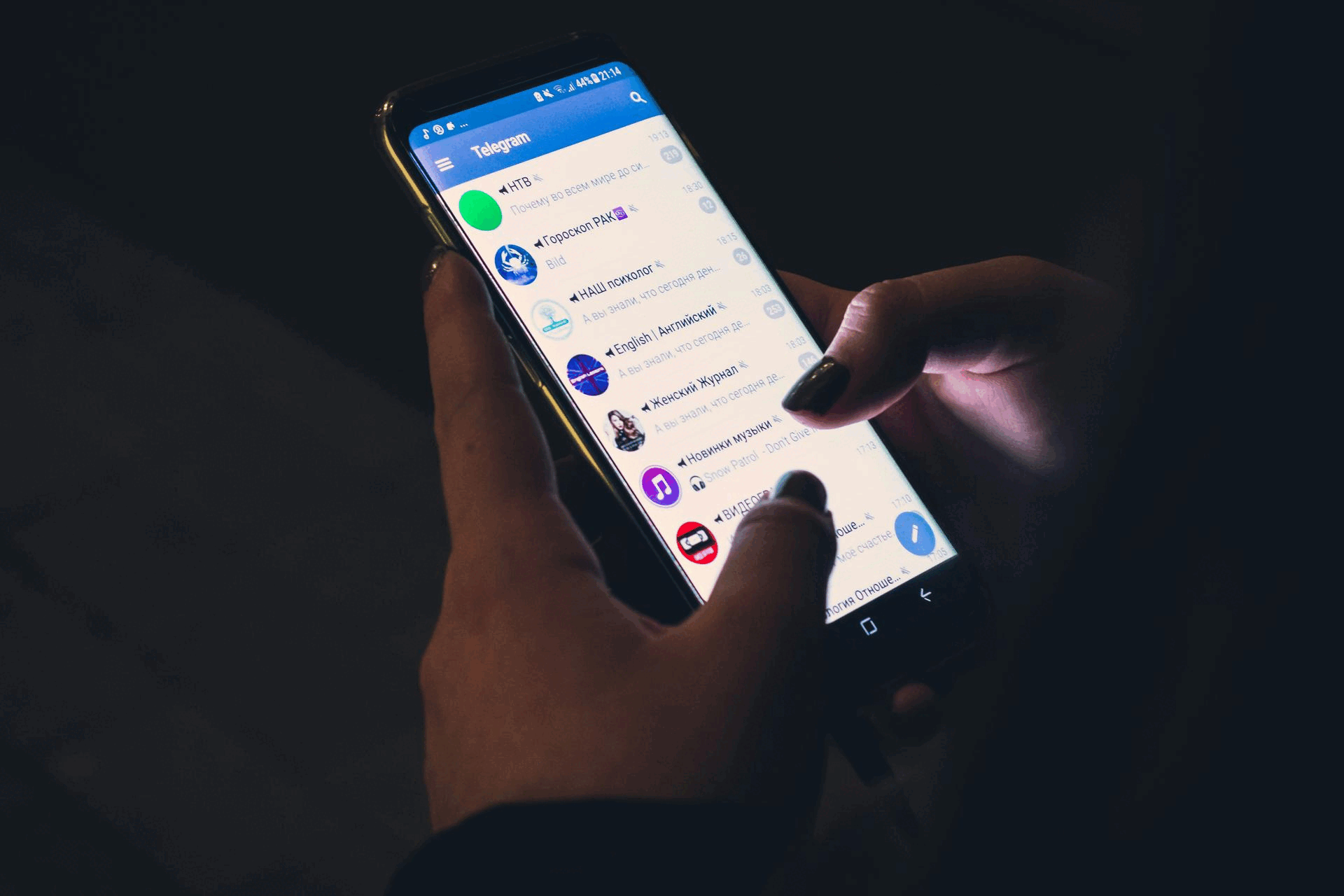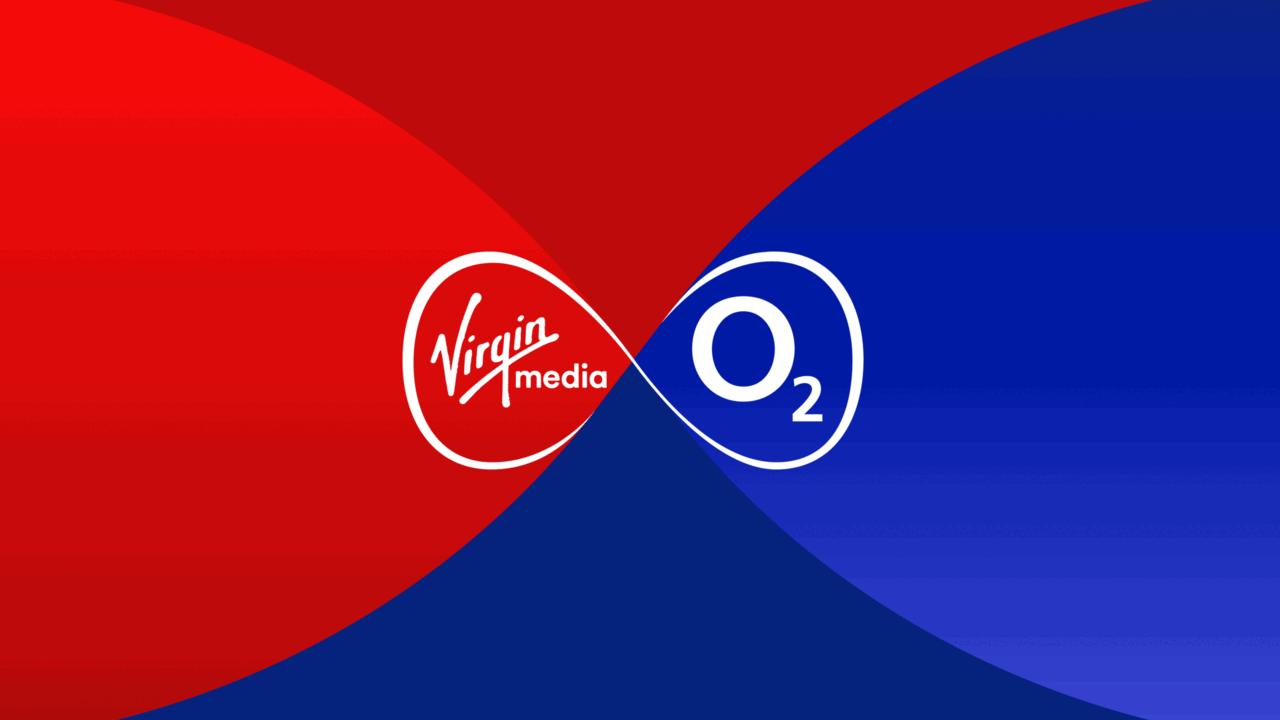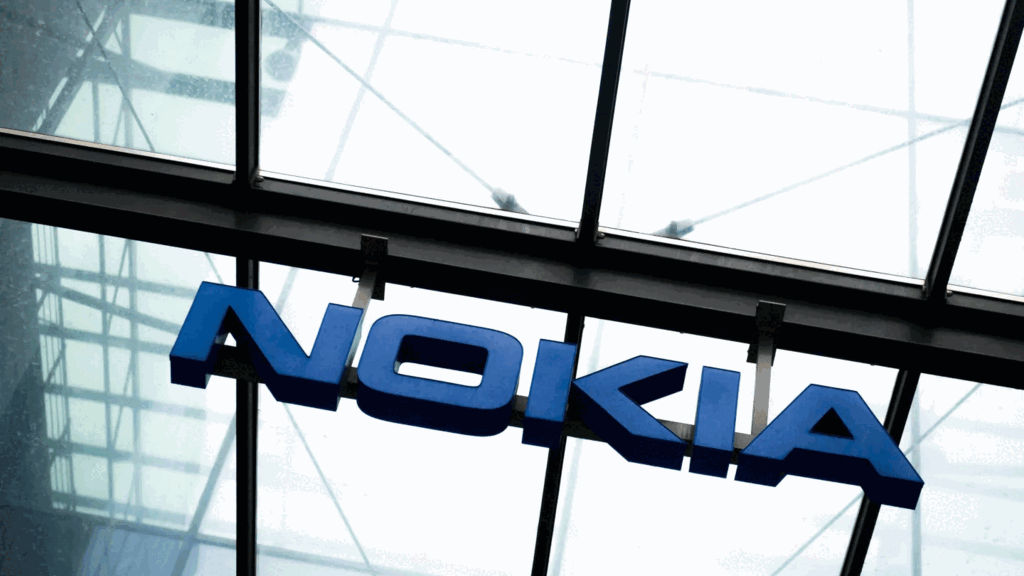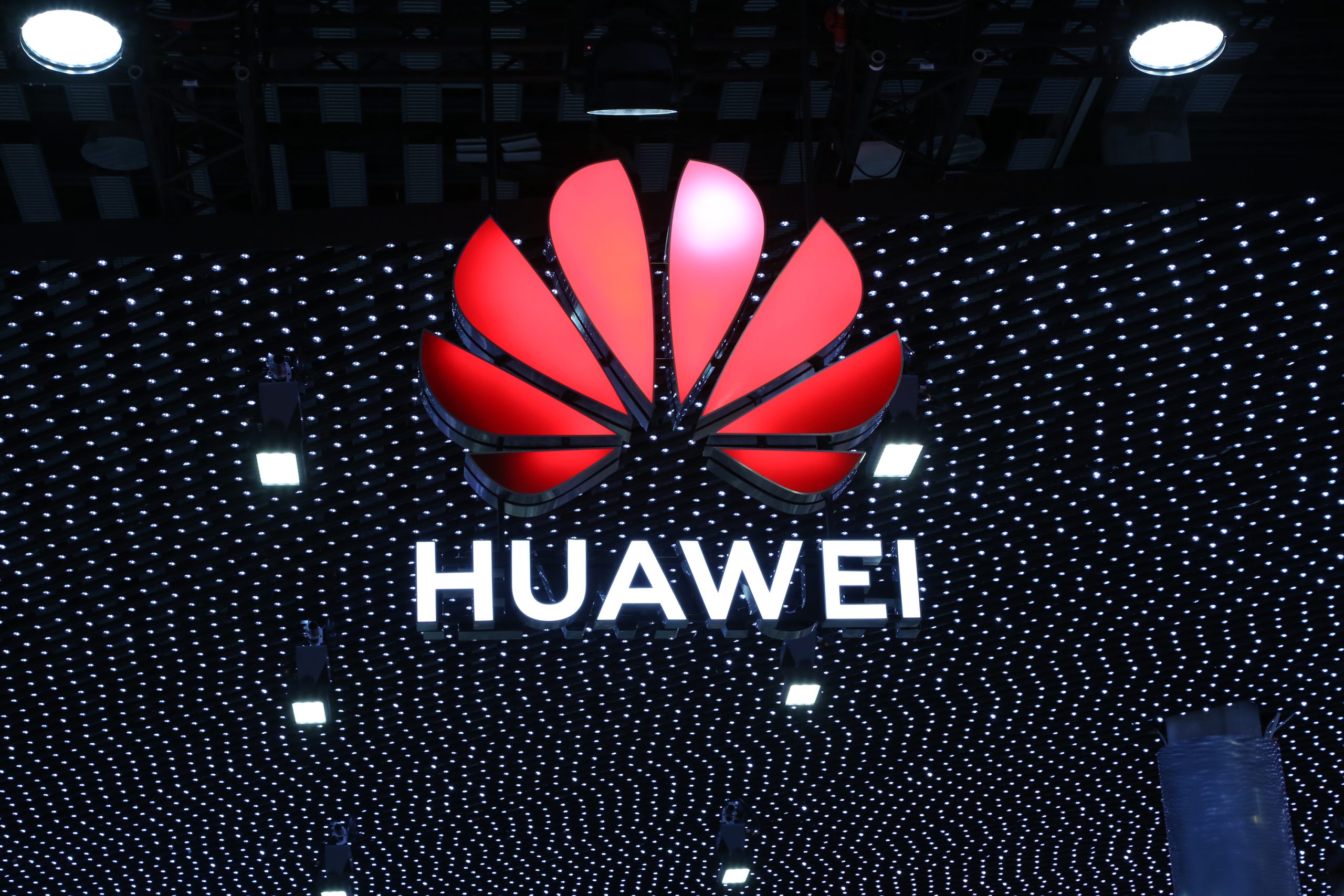Huawei is suing the US government for violating the Constitution
- Thursday, March 7th, 2019
- Share this article:

Chinese telecom giant Huawei has announced it has filed a lawsuit against the US government, claiming the US Congress is violating portions of the US Constitution by banning Huawei from collaborating with American agencies. In August, President Trump signed the National Defense Authorization Act, following accusations that Huawei’s technology was a global security threat and could be used for spying and data leaking.
“The US. Congress has repeatedly failed to produce any evidence to support its restrictions on Huawei products. We are compelled to take this legal action as a proper and last resort,” said Guo Ping, Huawei rotating chairman. “This ban not only is unlawful, but also restricts Huawei from engaging in fair competition, ultimately harming US consumers. We look forward to the courts verdict, and trust that it will benefit both Huawei and the American people.”
In the lawsuit, which was filed in Texas, Huawei asks the US Federal Court to overturn Section 889 of the 2019 NDAA, which bans all US government agencies from working with Huawei. The section additionally prohibits these American agencies from “contracting with or awarding grants or loans” to any third-party agencies who have conducted business with Huawei.
According to a statement released by Huawei, “This violates the Bill of Attainder Clause and the Due Process Clause. It also violates the Separation-of-Powers principles enshrined in the US Constitution, because Congress is both making the law, and attempting to adjudicate and execute it.”
Song Liuping, Huaweis chief legal officer, said “Section 889 is based on numerous false, unproven, and untested propositions. Contrary to the statutes premise, Huawei is not owned, controlled, or influenced by the Chinese government. Moreover, Huawei has an excellent security record and program. No contrary evidence has been offered.”
Huawei is not only a key producer of smartphone’s and other communications technology but has been at the forefront of developing 5G wireless networks. The company is arguing that by being banned from doing business with US agencies, America is being deprived of advanced 5G networks for commercial use. The tech giant also stated that allowing Huawei to compete in the American telecom market would reduce the cost of wireless infrastructure and save the US around $20bn over the next four years.
“If this law is set aside, as it should be, Huawei can bring more advanced technologies to the United States and help it build the best 5G networks. Huawei is willing to address the US governments security concerns. Lifting the NDAA ban will give the U.S. government the flexibility it needs to work with Huawei and solve real security issues,” said Ping.
















